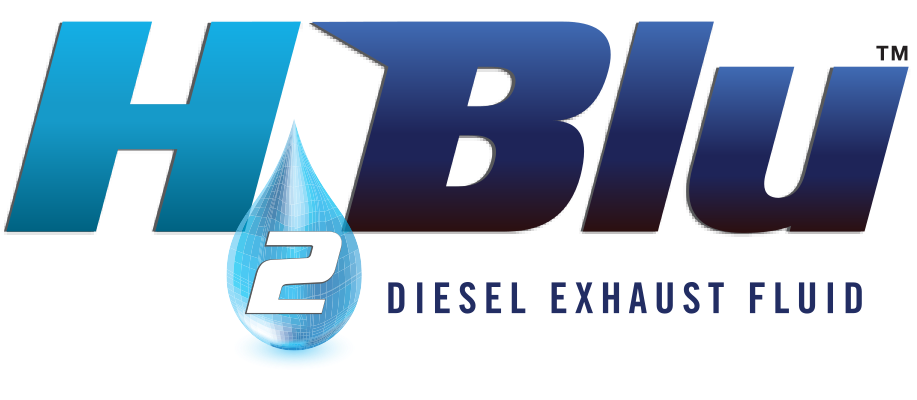Do you only worry about your car’s fluids when it breaks down in the middle of the road and you have to contact someone for help? Most people don’t pay attention to engine fluids unless they encounter a problem. People think that antifreeze is only important during harsh winters or when engine overheats, but engine coolants do much more than just keep the car’s engine running during extreme conditions.
The right blend of water and glycol in an engine coolant will:
- Provide a steady freezing/boiling point no matter what the weather is
- Prevention rust from eating up your engine
- Prevent deposit of minerals on engine
How Does a Coolant Work?
The operation of a coolant is quite simple. A combustion engine works in a closed loop where fluids evaporate due to heat. Rapid evaporation of fluid builds up gases which create problems like busted hoses, radiator leaks and malfunctions in water pump.
When a coolant is added, the boiling point of fluid is raised and freezing point is lowered which reduces the problems with extreme temperatures.
Coolant is viscous and thick, so water is added to it to make its flow in the engine easier. The typical ratio is 50:50 of either propylene glycol or ethylene to water, however owner’s manual should be read for other specifications related to your particular engine. If you have a custom built engine, ask for recommendations from the mechanic who installed it. Another option is to use pre-mixed solution that mostly works fine for average vehicles.
Water vs. Engine Coolant
Some of us use water to cool the engine, and in high performance cars only water is used because of its higher heat transference. A question that you may ask yourself is that, “if water works just fine, why bother buying anti-freeze?” The answer is that although water works fine to cool an engine down in case of an emergency, if you use it on regular basis, it will eventually damage your engine.
Unless you use filtered, distilled water (which we’re sure you don’t), you’ll eventually find buildups of sodium, calcium or lime deposits that the water leaves behind when it evaporates. Think about the stiffness of those minerals and how hard they are to remove from normal surfaces, now imagine what they’ll do to your car’s engine.
The evaporation point of plain water is also less than that of coolant, so you’ll have to fill your radiator more frequently and parts will be subject to more contraction and explanation, leading to systematic weakness. Moreover, when the temperature drops, plain water may cause your engine to freeze because of its high freezing point. On the other hand, coolant will not freeze and keep your engine running in extreme weathers.
The Final Word
If you have been using plain water for cooling your car’s engine until now, it is time to switch to coolants to save your car from breaking down in the middle of a road because of a frozen engine or worn out parts. To get top quality fluids, contact Kost Usa.












